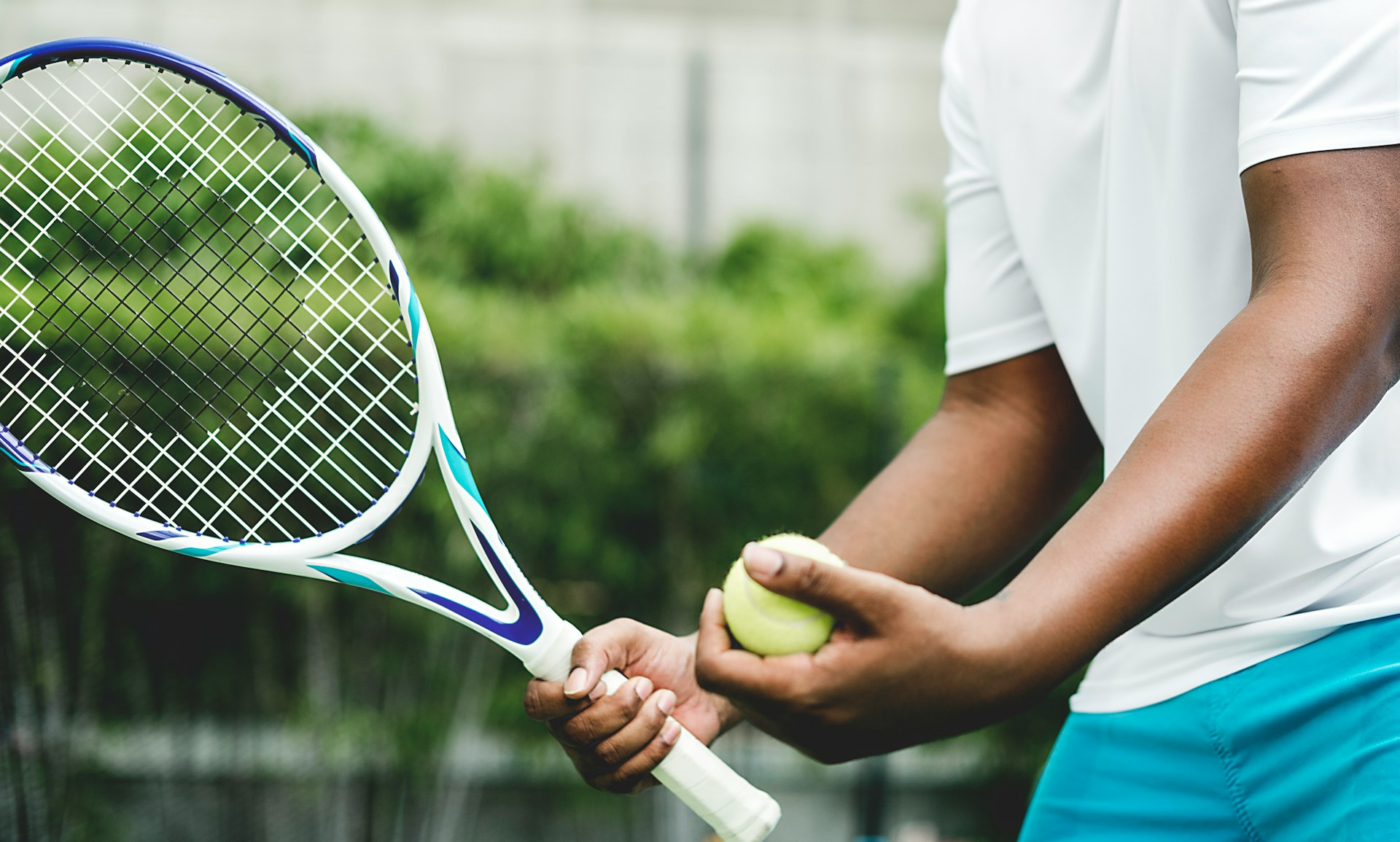
When most people think of tennis, they imagine powerful serves, lightning-fast footwork, and hours of physical practice. While these elements are crucial, they represent only part of what makes a successful player. In reality, mental training in tennis is equally important.
Mental training refers to the deliberate practice of developing focus, resilience, emotional control, and confidence. Just as athletes train their muscles, they also train their minds to handle stress, maintain concentration, and perform at their peak under pressure. This article will explore the core areas of mental training in tennis, highlight strategies used by top players, and explain how these lessons can apply to both athletes and learners of any skill.
1. The Fundamentals: Why Mental Training in Tennis Is Essential
Before diving into specific techniques, it is important to understand why mental preparation holds so much value in the sport.
1.1 Handling Pressure and Stress
Tennis is often called a “mental marathon” because matches can last for hours and swing dramatically within moments. A single mistake can change momentum, and without preparation, players may crumble under pressure. Mental training equips athletes with tools to manage stress and maintain composure.
1.2 Enhancing Consistency
Physical skills may fluctuate, but the mind provides stability. By practicing mental routines, players develop consistency in focus and decision-making, even during long tournaments. This reliability often separates champions from those who only perform well occasionally.
1.3 Supporting Skill Development
Mental training in tennis also supports technical growth. A player with a growth mindset — the belief that skills improve with effort — is more willing to practice consistently, learn from mistakes, and keep improving despite setbacks.
2. Techniques of Mental Training in Tennis
Professional players use structured techniques to build mental resilience. These can also be applied by recreational athletes or students learning the game.
2.1 Visualization and Mental Rehearsal
Visualization involves imagining specific actions, such as serving an ace or playing a long rally. When practiced regularly, visualization activates similar brain pathways to physical performance. This helps players prepare for real match conditions and improves confidence.
Educational Tip: Try closing your eyes for five minutes before practice. Picture yourself executing a clean forehand. Focus on the sound, the movement, and the feeling. This mental repetition strengthens both confidence and coordination.
2.2 Mindfulness and Breathing
Mindfulness is the practice of staying present. In tennis, this means focusing on the current point rather than worrying about past errors or future outcomes. Breathing exercises are commonly combined with mindfulness to regulate nerves.
Educational Tip: Between points, inhale deeply for four seconds, hold for two, and exhale for six. This method calms the nervous system and sharpens focus.
2.3 Emotional Regulation
Emotions can either fuel performance or destroy it. Top players often develop personal rituals to stay calm. For example, some bounce the ball a set number of times before serving, while others adjust their strings or clothing. These small actions create consistency, reminding the brain to focus on process rather than stress.
3. Off-Court Applications of Mental Training in Tennis
Mental strength is not built only during matches. Many techniques are practiced away from the court to create lasting benefits.
3.1 Meditation and Relaxation Practices
Meditation improves concentration and reduces stress hormones. Several top tennis players include mindfulness meditation as part of their daily routine. Just 10–15 minutes of focused meditation can improve clarity and emotional balance.
3.2 Journaling and Self-Reflection
Keeping a performance journal helps players analyze their thoughts after practice or competition. By writing about challenges and successes, athletes identify patterns, track progress, and prepare better strategies for future matches.
3.3 Guidance from Sports Psychologists
Sports psychologists play an important role in professional tennis. They design individualized programs that include visualization exercises, coping strategies, and confidence-building routines. Their guidance ensures athletes remain mentally strong throughout demanding seasons.
Educational Insight: Just as a coach refines physical skills, a psychologist helps refine mental skills. Together, they create a balanced approach to overall performance.
4. Linking Mental and Physical Training in Tennis
For complete development, mental training must connect with physical preparation. They work together to shape overall performance.
4.1 Stress and Recovery
Stress impacts recovery time. Without proper relaxation methods, fatigue builds quickly. Techniques such as yoga, stretching, and controlled breathing reduce stress and allow muscles to heal effectively.
4.2 Confidence Through Preparation
Confidence does not appear suddenly on match day. It grows from repeated practice of both technical and mental skills. When players prepare fully, their minds trust their bodies, allowing smoother performance during pressure situations.
4.3 The Role of Sleep and Nutrition
Mental sharpness depends heavily on physical well-being. Adequate sleep improves memory and decision-making, while balanced nutrition fuels concentration. Elite athletes treat sleep and diet as extensions of their mental training, recognizing that the brain requires the same care as the body.
Lessons from Mental Training in Tennis
Mental training in tennis is not simply an optional skill; it is the foundation of success. Through visualization, mindfulness, journaling, and psychological coaching, players learn to handle pressure, control emotions, and stay resilient in long battles.
The key lesson for learners is that the mind, like the body, can be trained with consistent practice. Whether you are an aspiring professional or a recreational player, developing mental discipline enhances focus, improves performance, and builds resilience beyond the court.
By understanding and applying these principles, athletes gain not only a competitive edge but also valuable life skills. In tennis and in life, victory begins in the mind.